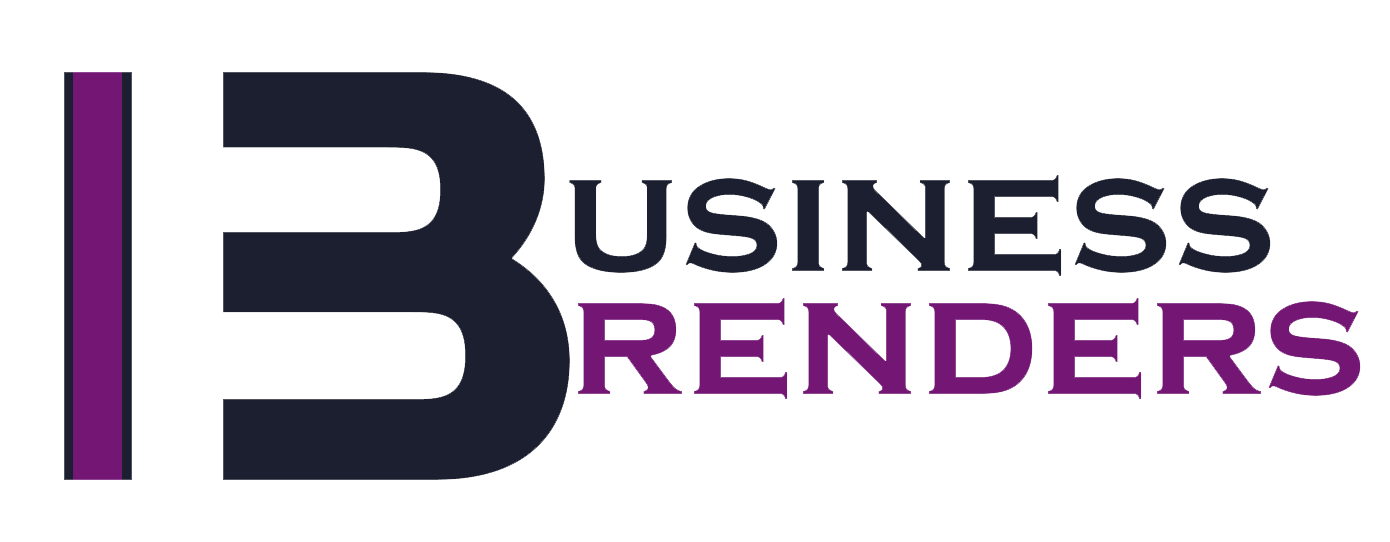Salesforce is a high-end and widely used CRM platform for many small businesses. However, it has also found its way into large companies due to its scalability. These large companies use Salesforce to streamline their processes and get several benefits. In this article, we will learn about those companies. So, let’s go!
What are Salesforce Modules?
Salesforce modules refer to distinct components or applications within the Salesforce platform that cater to specific business functions or needs. These modules are designed to address various aspects of customer relationship management (CRM) and extend Salesforce’s capabilities to meet different business requirements.
Each module serves a unique purpose and can be customized, integrated, or used independently to streamline processes and enhance sales, marketing, service, and more productivity. Some of its top cloud modules are listed below:
- Sales Cloud: This module focuses on sales automation, lead management, opportunity tracking, and forecasting. It helps teams manage their pipeline, track customer interactions, and close deals effectively.
- Service Cloud: Service Cloud is designed for customer service and support. It enables organizations to manage their inquiries, cases, and support requests efficiently, providing tools for customer self-service, agent productivity, and issue resolution.
- Marketing Cloud: This module facilitates marketing automation, personalized campaigns, and people engagement across various channels. It allows businesses to create targeted marketing campaigns, track people’s interactions, and analyze marketing performance.
- Commerce Cloud: Commerce Cloud is tailored for e-commerce businesses, providing tools for creating online storefronts, managing product catalogs, handling transactions, and delivering personalized shopping experiences.
- Community Cloud: This module helps build online communities or portals for customers, partners, or employees, fostering collaboration, knowledge sharing, and engagement.
- Einstein Analytics: Formerly known as Salesforce Analytics Cloud, this module integrates data from multiple sources to provide actionable insights and analytics for better decision-making.
- IoT Cloud: This module allows businesses to connect and manage Internet of Things (IoT) devices, collect data, and trigger actions based on that data within the Salesforce platform.
8 Big Companies Using Salesforce
Due to its several modules suitable for any team, several companies use Salesforce for their profit and benefits. Here are the top 8 companies that use Salesforce for productivity and streamlined sales volume.
1. Amazon
Amazon uses Salesforce Clouds to manage customer inquiries, complaints, and support requests. It helps their service teams streamline interactions, resolve complex issues efficiently, and maintain a unified view of insightful data across multiple touchpoints.
On the other hand, Salesforce’s analytics tools, such as Einstein Analytics, turn out to be extremely beneficial for Amazon to derive insights from customer data. They can use these insights to refine marketing strategies, personalize customer experiences, or improve operational efficiency.
While Amazon has robust internal systems for sales, it might utilize Salesforce Cloud or related modules to manage specific segments or partnerships within its vast ecosystem. This could involve handling relationships with certain vendors or managing distinct sales processes for specific services or products.
2. Coca-Cola
Coca-Cola employs its Advertising Cloud to personalize marketing campaigns and engage with consumers across various channels. They utilize tools within Marketing Cloud to analyze their data, create targeted messaging, and execute campaigns tailored to specific demographics, regions, or consumer preferences.
On the other hand, Salesforce enables Coca-Cola to foster stronger relationships with customers. Through its Cloud modules and its capabilities, Coca-Cola can create loyalty programs, personalized promotions, and engaging content that resonates with its diverse consumer base, ultimately driving brand loyalty and repeat purchases.
Additionally, Salesforce allows Coca-Cola to engage with consumers across multiple channels seamlessly. Whether it’s through email marketing, social media, mobile apps, or other digital platforms, Coca-Cola can orchestrate cohesive and personalized experiences, ensuring consistent messaging and brand presence.
3. T-Mobile
T-Mobile, a major telecommunications company, strategically uses Salesforce across various functions to enhance its operations, customer service, and sales processes. Henceforth, it utilizes its flexible cloud modules to manage its inquiries, complaints, and support requests across different channels like phone, email, chat, and social media. This helps streamline service processes, ensuring consistency.
Moreover, its Sales Cloud likely aids T-Mobile’s management teams in managing leads, opportunities, and accounts. It provides tools to track on-field activities, pipeline management, and collaboration among sales representatives, ultimately optimizing the sales process and improving conversion rates.
Also, this CRM platform’s capabilities allow T-Mobile to have a comprehensive view of customer data, interactions, and preferences. This unified view helps in understanding people needs better, delivering personalized experiences, and improving overall satisfaction and retention.
4. Toyota
Toyota likely employs Salesforce Cloud to manage its processes, dealer interactions, and vehicle inventory. This helps in optimizing the sales pipeline, tracking customer interactions, and managing leads effectively across its vast network of dealerships.
On the other hand, its functional Clouds might be used by Toyota for customer service and support, enabling the company to efficiently handle people inquiries, service requests, and maintenance appointments. It helps in providing consistent and responsive support, ensuring customer satisfaction and loyalty.
Toyota could leverage Salesforce Marketing Cloud to run targeted marketing campaigns, personalized communications, and promotions. This allows them to engage with customers at various stages of the buying journey, delivering relevant content and offers.
Moreover, its integration capabilities might help Toyota connect different systems and data sources, ensuring a cohesive flow of information across various departments. This integration facilitates better collaboration between sales, marketing, and service teams, leading to more streamlined operations.
5. The New York Times
The New York Times likely employs Salesforce’s CRM capabilities to manage its subscriber base effectively. Salesforce allows them to track subscriber interactions, preferences, and engagement metrics, enabling the Times to personalize content recommendations and marketing efforts.
Additionally, this platform likely integrates data from various sources, providing a holistic view of reader behavior, subscription patterns, and engagement across different platforms. This integrated data helps the Times understand readers better and tailor their content strategies accordingly.
Plus, Salesforce tools may assist in analyzing reader engagement metrics, identifying trends, and predicting subscriber behavior. This data-driven approach helps in developing retention strategies and creating engaging content that resonates with readers. This integration ensures a seamless flow of information and supports scalability as the organization grows and evolves.
6. Hershey’s
Hershey’s likely utilizes its Advertising Cloud to create personalized marketing campaigns. This includes targeted email marketing, social media advertising, and personalized content delivery to reach consumers with tailored messages and offers.
On the other hand, its Cloud Journey Builder might aid Hershey’s in mapping out lead journeys and orchestrating interactions across various touchpoints. This allows them to engage consumers at different stages of their buying journey and create consistent brand experiences.
Hershey’s could also use Salesforce Sales Cloud to streamline its sales processes, manage leads, and track customer interactions. This supports their teams in managing accounts, opportunities, and sales pipelines effectively. This unified view helps in understanding consumer behavior, preferences, and purchase history, aiding in targeted marketing and customer segmentation.
7. BMW
BMW likely utilizes Salesforce Sales Cloud to manage its selling pipeline, track leads, and optimize the sales process. This includes managing customer accounts, opportunities, and sales activities to enhance efficiency and conversion rates.
Also, BMW might leverage its various clouds to create targeted marketing campaigns. This involves personalized messaging, email marketing, and advertising across various channels to engage potential buyers and existing customers.
Additionally, its Partner Community Cloud could aid BMW in managing relationships with dealerships and partners. This facilitates communication, collaboration, and information sharing across the dealer network, ensuring a cohesive customer experience.
Moreover, its mobile capabilities likely enable BMW’s field teams, such as sales representatives, to access vital information and perform tasks on the go. This ensures responsiveness and efficiency while interacting with customers or managing sales processes remotely.
8. Delta Air Lines
Delta likely uses Salesforce Service Cloud to manage customer inquiries, complaints, and support requests across multiple channels. This allows them to provide efficient and personalized service, resolve issues promptly, and maintain a unified view of customer interactions.
Moreover, its Cloud may assist Delta in managing its processes, accounts, and partnerships. It helps track leads, opportunities, and interactions with travel agencies or corporate clients, optimizing sales strategies and managing buyer relationships effectively.
On the other hand, Delta might leverage Salesforce Marketing Cloud to engage with travelers through targeted marketing campaigns, personalized communication, and loyalty programs. This helps in delivering relevant offers, promotions, and travel information tailored to customers’ preferences.
Additionally, Salesforce likely integrates data from various sources within Delta’s systems to provide a unified view of detailed data. This unified data approach helps Delta understand customer preferences, travel history, and behavior, allowing for personalized services and offerings.
Summary
While Salesforce is a great tool for startups, it’s also great for several large enterprises. Hence, several companies use Salesforce for their benefit. The top 8 companies that use Salesforce are listed above, but many others also use it. So, if you find this CRM profitable, you are free to give it a try. Check out the Salesforce benefits you may get from our other guide, or you can also take a look over its limitations and governor limits.

